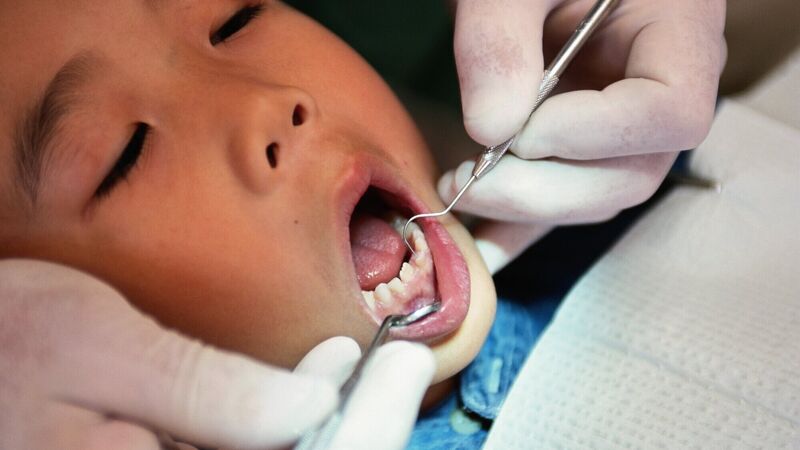Minister’s new oral health plan may be last chance to fix our dental crisis

Latest figures show that over 104,000 children are not receiving the oral health checks they are entitled to every year, a situation that is both unacceptable and entirely avoidable. File photo
Minister for health Jennifer Carroll MacNeill intends to publish a three-year plan shortly which will herald the initial roll-out of the 2019 national oral health policy known as Smile agus Sláinte. This may be the last chance to fix our dental crisis.
We can only hope that lessons have been learned since 2019, when a plan was launched without any proper or real consultation with Irish dentists.













